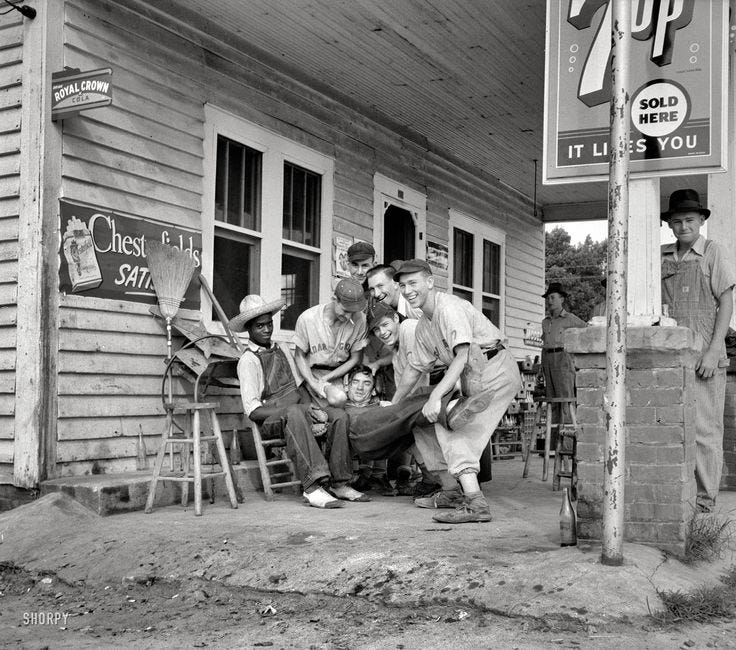Below is an article I wrote for the Abbeville Institute last year. You can find the original article linked here.
As a Southerner, I have always enjoyed the simple joy of driving down the backroads of Alabama. The black top two lanes that cut through the state are beautiful, flanked by old pecan orchards and cattle farms, where rustic tractors sit half …





